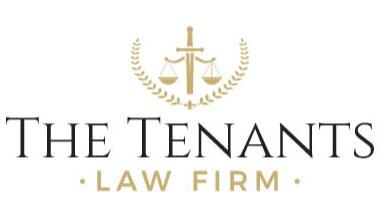Mold Poisoning Effects on Children
What is mold, and what are the effects of mold poisoning?
Mold is a household hazard that not only poses a threat to the structure of a home but also to the well-being of young children. Mold poisoning can have many negative effects, such as respiratory issues, neurological symptoms, and skin irritations. Mold grows in moisture-concentrated spaces, such as windowsills and near pipe leaks. It can pervade tiles, wood, cardboard, drywall, wallpaper, and more. The most alarming risk is from black mold, which is a toxic strain of mold that can lead to life-threatening medical issues in children.
How does mold poisoning effect children?
For children with asthma and allergies, mold exposure can be especially troubling as they are at a higher risk for severe reactions. Individuals suffering from mold exposure can face nasal congestion, coughing, sore throat, and itchy eyes, but these effects can be worsened if children have pre-existing health conditions or weak immune systems. Consistent cold or flu-like symptoms should be investigated, as this seemingly innocent health issue might reflect exposure to toxic black mold. Black mold might also significantly worsen a child’s neurological well-being, as toxins released by this strain can embed themselves in the fatty tissues of the brain, leading to dizziness, headaches, mood swings, memory loss, numbness, cognitive dysfunction, and more. Other symptoms to look out for are: hair loss, vomiting, diarrhea, chronic fatigue, chronic ear infections, blurry vision and eye soreness, dry and scaly skin, and eczema flare-ups.
What should you do if you have mold exposure?
Mold exposure can often go undiagnosed in children, which is why it is important to stay aware and proactive in recognizing if your child’s deteriorating health is from a prolonged mold exposure or something else. By recognizing the signs and symptoms associated with mold poisoning, you can further take the necessary steps to provide a safe environment for your family. Medical testing and swift intervention are often the next steps one can take in order to prevent long-term effects of mold exposure.
If you are a tenant living in a unit that has mold, and your landlord is not taking proper safety measures to protect you and your children from it, then you may want to get legal assistance. Mold issues are complicated to navigate, and contacting experienced attorneys is crucial. Tenants Law Firm is here to help. Our team specializes in these cases to protect you against the harmful effects of unattended mold. You can contact us by calling (310) 432-3200 or by using this form.

